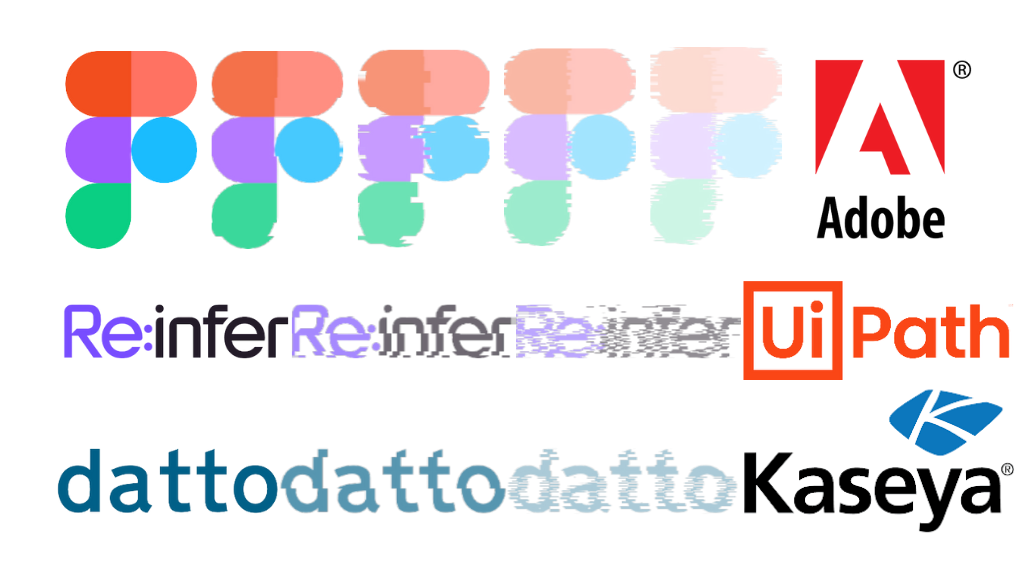Tech giants frequently swallow up smaller players in the market. These acquisitions are well documented in the media, in particular the largest deals but let’s look at why they happen, examine some of the big recent acquisitions, and see what the future of the software industry might look like as a result of them.
Why do software companies get acquired?
Even during the pandemic, when businesses around the globe were facing economic hardship, some companies were acquired for billions of dollars which left many of us baffled. So why do tech giants pay so much to acquire smaller companies?
Well, there are a couple of key reasons. One, to gain immediate access to their technology and workforce. The products and technology of the acquired company can be used to complement and improve the products and services of the acquiring company and they gain a fresh influx of talent into the bargain.
Two, the acquirer sees the other company as competition, and the acquisition immediately eliminates that threat.

Let’s look at some recent acquisitions in the software industry.
- Adobe acquires Figma – Figma is the biggest competitor of Adobe XD which is a tool for UI/UX designers. This deal allows Adobe to eliminate its competition. They may integrate Figma with XD to improve and bring out a better product. Only time will tell the future trajectory of Figma under their new management.
- UiPath acquires natural language processing company Re:infer – UiPath is an enterprise automation software firm. After acquiring Re:infer, UiPath has made the features of Re:infer available to its existing customers.
- Kaseya acquires Datto – Kaseya makes IT service and management software and has acquired Datto, which is a cybersecurity company. They intend to integrate the products of both companies for the benefit of their customers.
These examples highlight some of the reasons why one company decides to acquire another.
What does this all mean for the future of software?
Seeing all these acquisitions, many wonder what it will mean for the future of the software Industry. Some believe acquisitions are a great thing, integrating the talents and funds of both companies which in turn seeds a better environment for research and development. Others believe that this trend of acquisitions hurts innovation in the industry by reducing competition. There is some truth to both these arguments. While acquisitions reduce competition, there is always room for new players to enter the market, and while consolidation may improve product quality, the acquired company may lose its principles under its new management. The future is interesting and only time will tell where the industry is headed.

